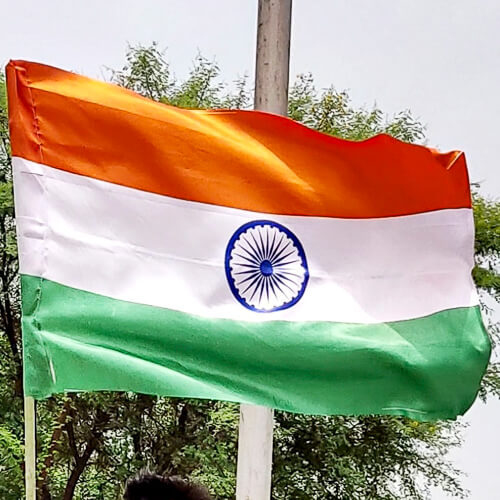Bharti Airtel chairman Sunil Mittal says India's telecom industry's movement towards a duopoly is 'tragic,' and the country needs at least three players.

Bharti Airtel's Chairman Sunil Mittal recently said that the movement of the Indian telecom industry towards a duopoly is "tragic," and that the country needs to have at least three players.
"In India, from 12 operators, we are down to nearly two and a half…will it go down to two? In my view, it would be tragic. India is a very large country, and it deserves to have three private sector telecom players, and I hope we end up with that situation," he is reported to have said at a recent Economic Forum. With a duopoly, Mittal implies that the country will end up with two telcos, just Bharti Airtel and Reliance Jio since Vodafone Idea is facing massive financial issues.
Vodafone Idea was severely impacted by the Supreme Court judgement in 2019 on the adjusted gross revenue (AGR) issue. As a result, it has been looking for an investor ever since. However, the recent media reports suggest that it hasn't been able to attract investors because of the health of the industry.
"The company's financial performance has impacted its ability to generate the cash flow that it needs to settle/refinance its liabilities and guarantees as they fall due. This along with its financial condition is resulting in material uncertainty that casts significant doubt on the company's ability to make the payments mentioned therein and continue as a growing concern," says Vodafone Idea's recent exchange filing.
Money, money, money
The state-owned telcos, BSNL and MTNL, are also facing financial issues and are unable to invest in upgrading or expanding their networks. It will be truly unfortunate if India is reduced to just two telcos. To begin with, it is the intensely competitive environment which ensures low tariffs in India, making the services accessible to a large number of consumers. However, this may change if there are just two major players in the industry.
Secondly, while India is one of the largest telecoms markets, around 50% of its population, approximately 650 million, is yet to be connected. It's arguable that most of the unconnected population is in rural and remote areas, which means that a greater investment would be required to provide voice and data connectivity to these people.
Want to know more about 3G, 4G and WiFi? Check out our dedicated channel here on
Light Reading.
A duopoly is sure to impact the expansion of network coverage in rural areas, even if rural expansion is not a focus area for telcos. The odds of a new player entering the market are almost negligible, because of the high investment required. India also doesn't have a Mobile Virtual Network Operators (MVNO) ecosystem, which could possibly provide some competition. From more than ten players in each circle (service areas), India has come down to just three private outfits and one government-owned telco.
The onus is then on the administration to ensure that the sector remains competitive. In the unfortunate event of Vodafone Idea's closure, possibly it takes over the network and sets up a firm to ensure the sector remains competitive. One hopes it doesn't come to that.
Related posts:
— Gagandeep Kaur, contributing editor, special to Light Reading
Read more about:
AsiaAbout the Author(s)
You May Also Like


.jpeg?width=300&auto=webp&quality=80&disable=upscale)








